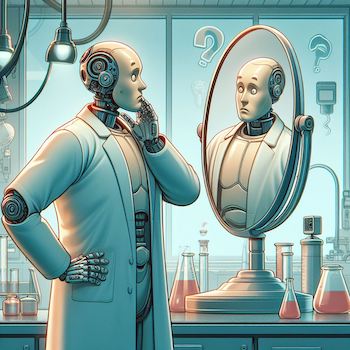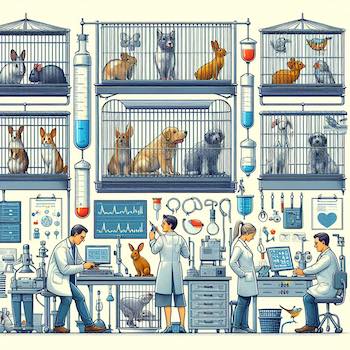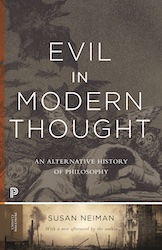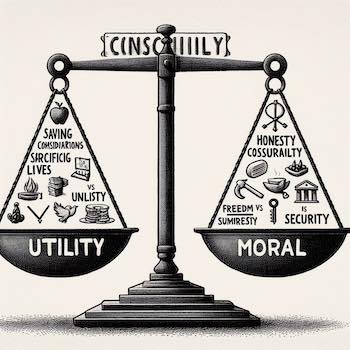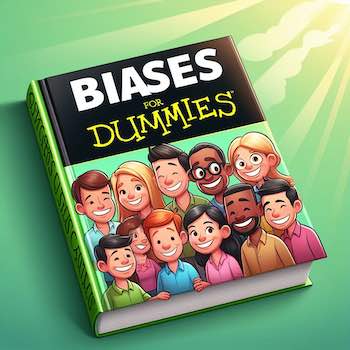How do you know if an AI is conscious?
Abstract: Critical review of a reference article on consciousness in AIs, published by Patrick Butlin and Robert Long’s team on 22/08/23. Part 1 analyzes the pitfalls and resulting breaches in the study: sacralized definition of consciousness, exclusions in the chosen method, transposition of human theories to the digital, occultation of the qualitative phenomenon. Part 2: … Read more

